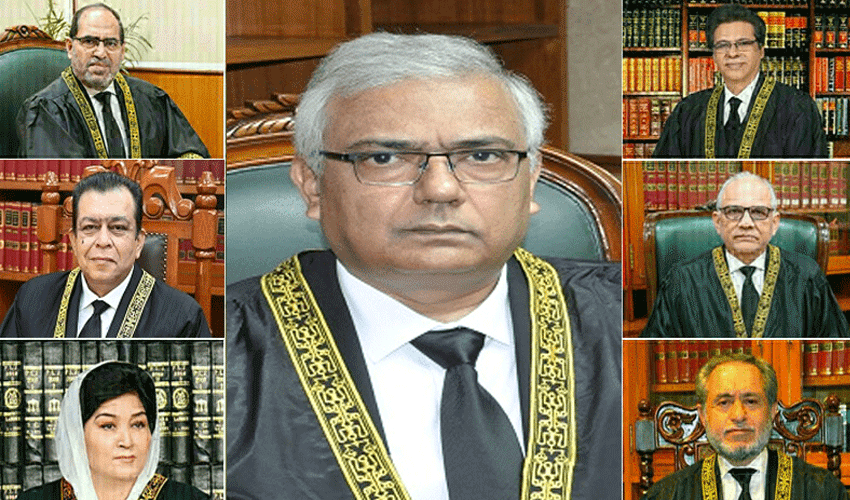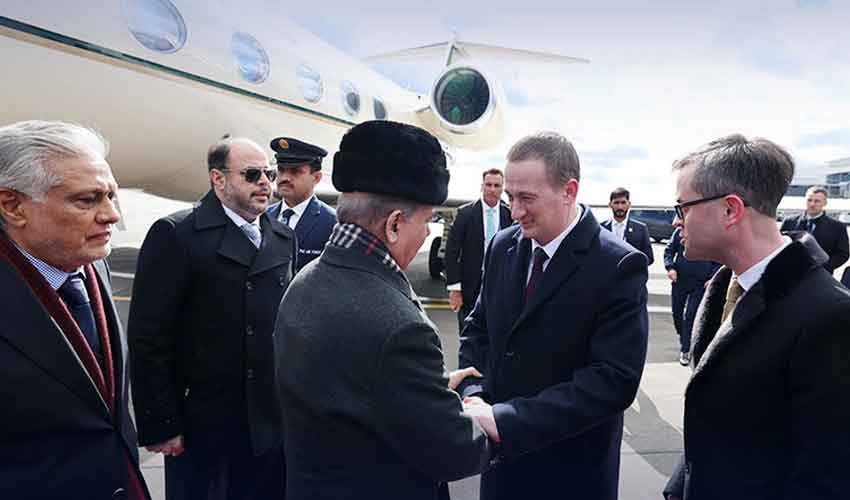March 23 marks a significant milestone in Pakistan's history, as the nation reflects on the profound ideals that shaped its existence. Rooted in the concept of Kalima Tayyaba, Pakistan stands as a testament to the vision and determination of its founding fathers.
The story begins with the foresight of Sir Syed Ahmed Khan, who recognized the need to awaken the nation amidst bleak prospects. Allama Iqbal, with his strategic prowess, proposed a path to resolve the fate of Muslims in the subcontinent.
The All India Muslim League became the platform for the Muslim community's freedom struggle, acknowledging the necessity of separate representation. In 1940, the pivotal moment arrived with the declaration of the Pakistan Resolution, affirming the two-nation theory as an undeniable reality.
Under the leadership of Quaid-i-Azam, the youth were encouraged to propagate the message of independence across the nation. Notably, the participation of Muslim women and minorities further strengthened the movement.
Despite opposition and atrocities, the resolve for a separate homeland remained unwavering. The fruition of this struggle came in just seven years, with the establishment of Pakistan in 1947.
Reflecting on the sacrifices made, residents recount unforgettable memories. From the absence of mosques in pre-partition neighborhoods to discriminatory treatment by other communities, the challenges faced were manifold.
Yet, amidst adversity, Quaid-e-Azam's leadership shone brightly. His unwavering dedication and tireless efforts paved the way for Pakistan's independence.
As Pakistanis look towards the future, they are reminded of Quaid-i-Azam's words: "No power in the world can erase Pakistan." It is now their collective duty to honor the sacrifices of the past and propel the nation towards prosperity and development.



























